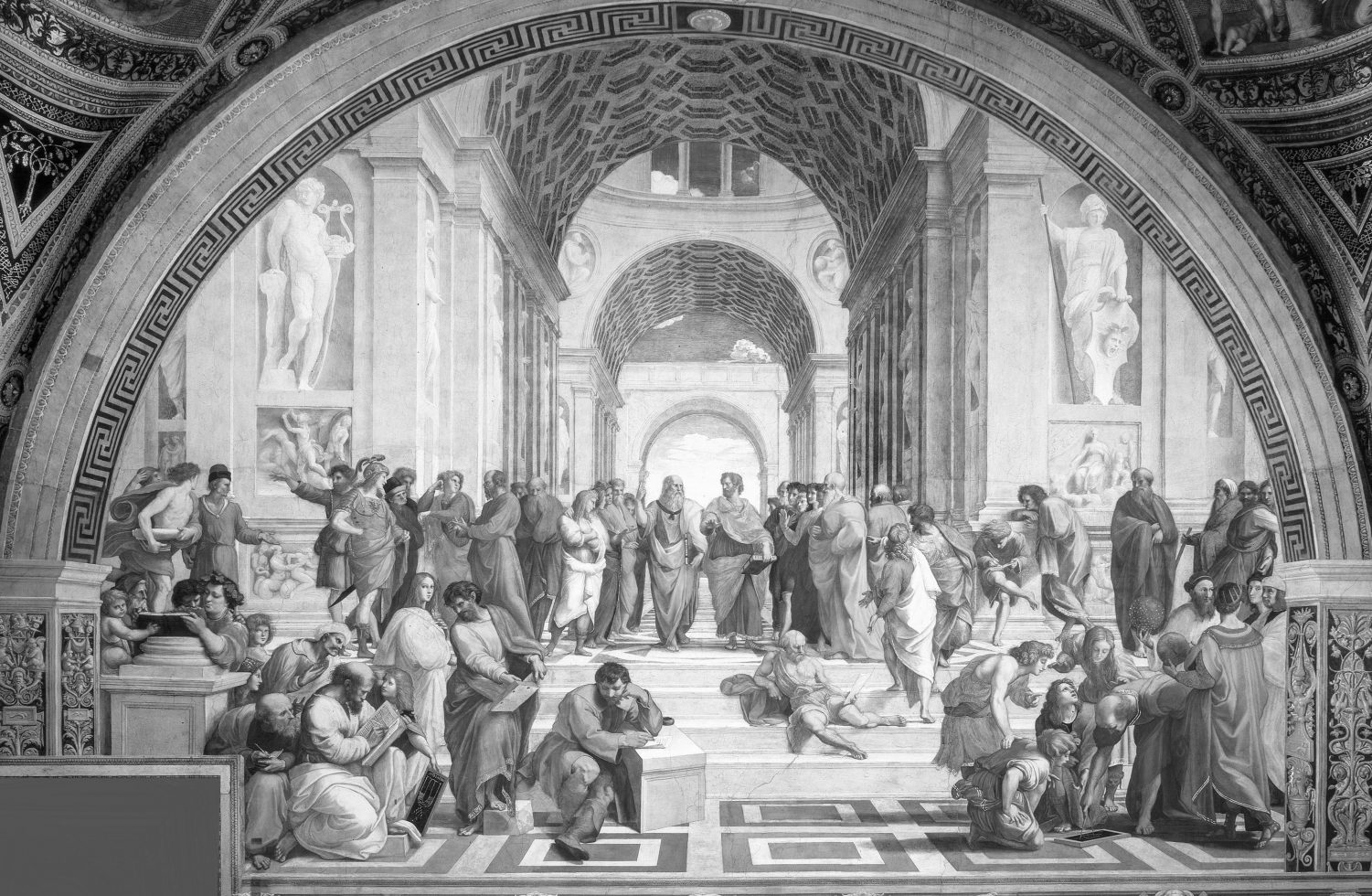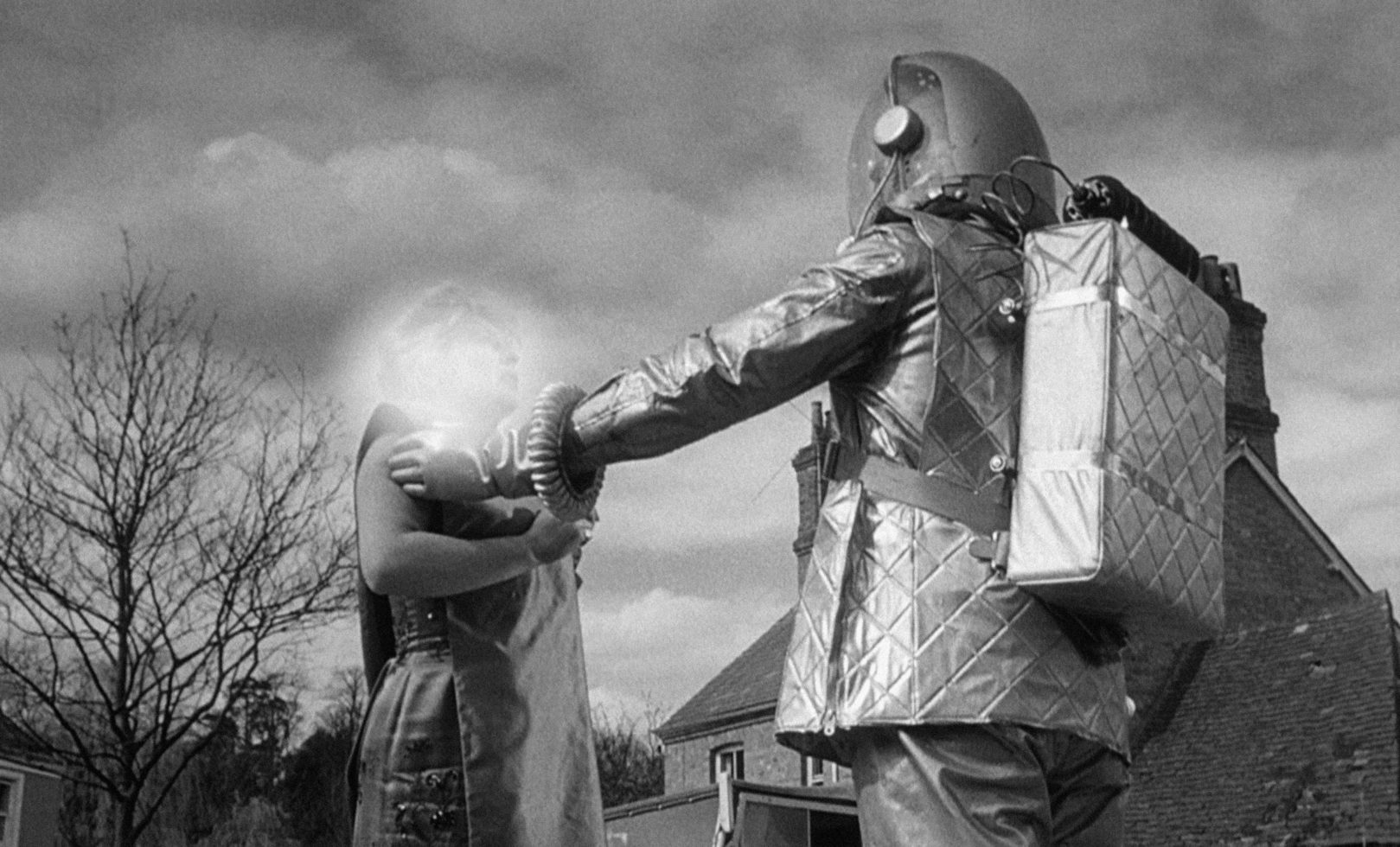
Practical Wisdom
PRACTICAL WISDOM (phronesis) is a key objective in my work as a futurist. Here are some explanations on what it means:
“The Greek philosopher Plato believed that wisdom was theoretical or abstract. Aristotle, his pupil, disagreed and said that wisdom was available to all, a kind of moral compass that guides our thinking and behavior… To champion human happiness, to flourish, Aristotle believed that wisdom was not for theoretical debate but for practical application. Barry Schwartz and Kenneth Sharpe, authors of Practical Wisdom: The Right Way to Do the Right Thing, distilled Aristotle’s ideas on virtues and practical wisdom and how it applies to our lives” Read more here

It's a MORAL SKILL

What makes a WISE PERSON
- A wise person knows the proper aims of the activity she is engaged in.
- A wise person knows how to improvise, balancing conflicting aims and interpreting rules & principles
- A wise person is perceptive, knows how to read a social context, and knows how to move beyond the black-and-white of rules
- A wise person knows how to take on the perspective of another—to see the situation as the other person does and thus to understand how the other person feels
- A wise person knows how to make emotion an ally of reason, to rely on emotion to signal what situation calls for, and to inform judgement without distorting it.
- He can feel, intuit, or ‘just know’ what the right thing to do is, enabling him to act quickly when timing matters. His emotions and intuitions are well educated.
- A wise person is an experienced person. Practical wisdom is a craft and craftsmen are trained by having the right experiences.

Wisdom is not 'black or white'
“These sort of quandaries don’t have pat, one-size-fits-all answers. Good rules might be useful as guides as we try to manage these multiple aims, but they will never be subtle enough and nuanced enough to apply in every situation. Aristotle recognized that balancing acts like these beg for wisdom, and that abstract or ethereal wisdom would not do. Wisdom has to be practical, because the issues we face are embedded in our everyday work” More here

